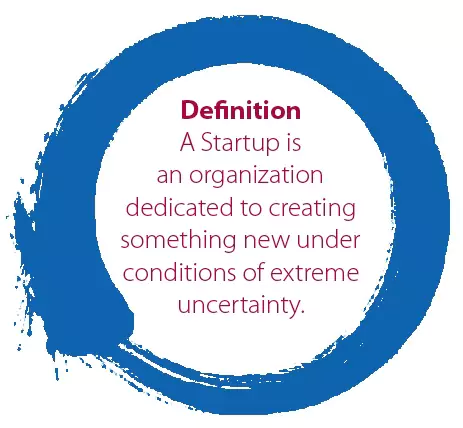
The Lean Startup and Why Startups Fail
The Lean Startup by Eric Ries asks the important question: why startups fail?
Don’t let the word ‘startup’ fool you. You don’t have to be starting a whole new organisation from scratch, you merely need to be starting something new. For instance, creating a new product or service.
We hear the success stories… an entrepreneur starts a business in his parent’s garage and goes onto billion-dollar success. It does happen. The two Steves started Apple this way. And, whilst it does happen, it’s the exception, it’s a rarity and it’s highly unlikely.
Two Reasons Why Startups Fail
Typically we start with a good plan. Or at least we think it’s a good plan. It’s based on a strong strategy and extensive customer research. In the past, this would have been enough.
1 Uncertainty
The first problem is there’s simply too much uncertainty for this approach to work because the world is changing so quickly. What worked literally yesterday may not work today or tomorrow.
2 Assumptions
Secondly, there’s uncertainty because our plan is based upon our own assumptions. Traditional management methods are based on prediction and control. They’re great for when your market is established, the product is tested and you have a ready and willing list of paying customers. And, they’re ideal for incremental improvement.
In contrast, the world of the startup often looks like this… The entrepreneur has a brilliant idea that everyone will want. So, they spend months or maybe even years creating it, perfecting it and refining it. Throughout this process, they never gain any real feedback from any potential customers. Then they launch with a lot of fanfare to a surprised audience who responds with indifference. And, the venture fails or performs poorly.
Authors often fall for this trap. They sit down for months writing their book and then release it to the market only to find few people are as excited as the creator.
Book Rapper
This is an extract from the Book Rapper issue Pioneer: How to Create and Manage Innovation. It’s derived from Eric Ries’ classic book The Lean Startup: How Today’s Entrepreneurs Use Continuous Innovation to Create Radically Successful Businesses.
Previously




